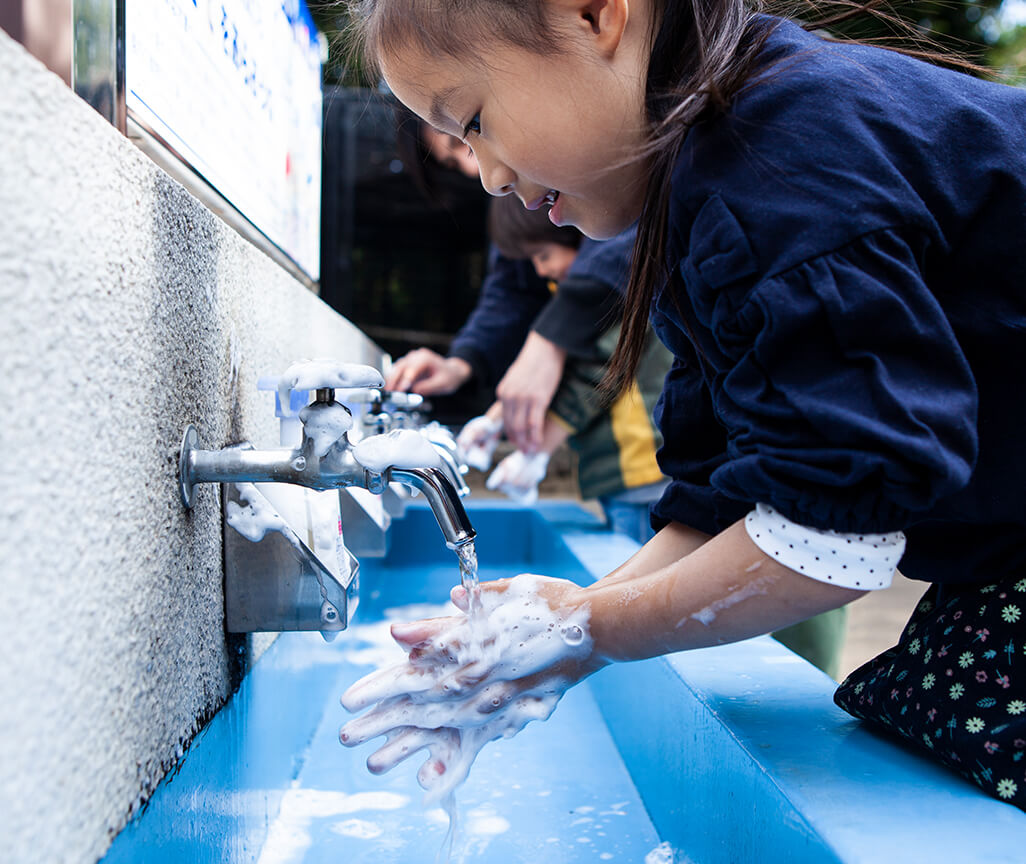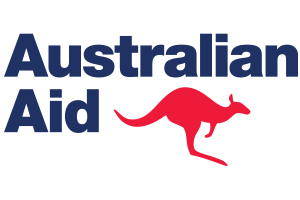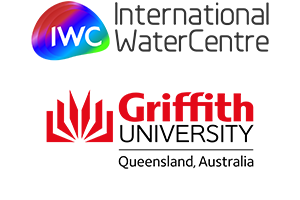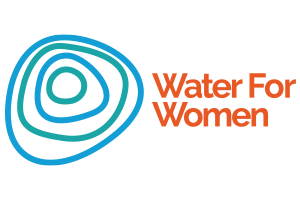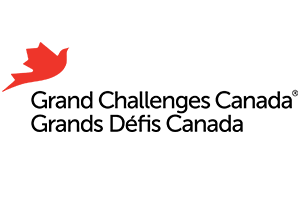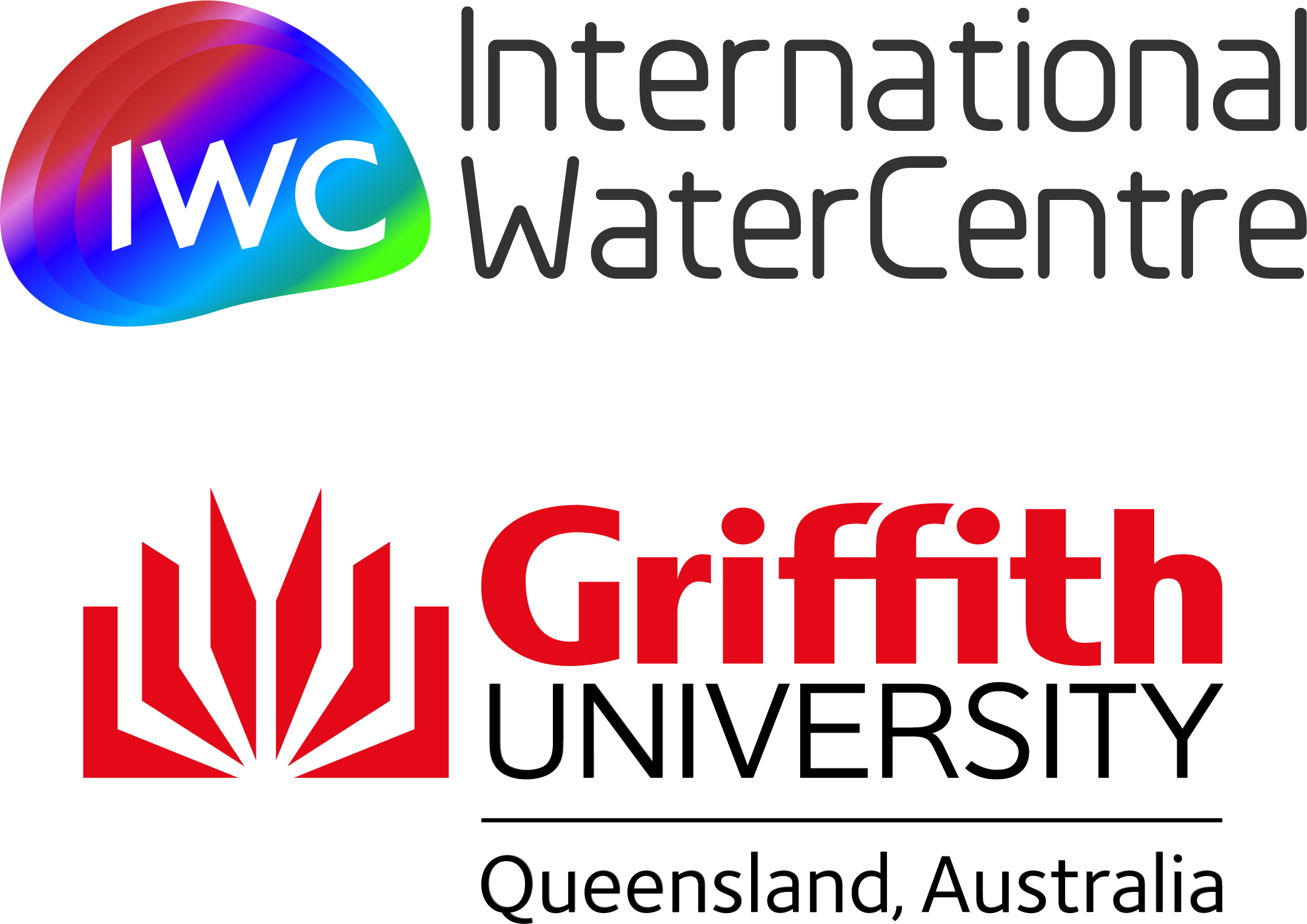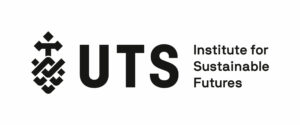
COVID-19, Gender and WASH
Convenors: ISF-UTS with Water for Women Fund
Using a mix of presentation, a pre-recorded interview with a research participant from Lao PDR (TBD), and focussed discussions on break-out tables, this session will provide participants with some latest/current research on the relationship between COVID-19 impacts, and gender equality which will be curated and presented by ISF.
A focus on ISF and SNV’s leadership, COVID and WASH project will include a video from the field (TBD). Case studies such as entrepreneurs making face masks in response to COVID-19 may be offered (ISF, UI and Plan), as well as a case study from the Solomon Islands – MJ Enterprise (TBD).
These inputs will be minimal, in order to give participants an opportunity to use an empowerment framework provided by facilitators, to map the potential and real impacts of COVID on policy, practice and research.
We are also considering structuring elements of the workshop around key questions that participants have related to gender, WASH and COVID-19.
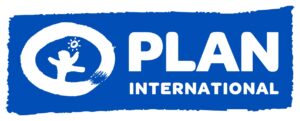
COVID-19 & WASH behaviour change
Convenors: Plan International Australia with Water for Women Fund
COVID-19 has challenged WASH sector actors to expand their understanding of WASH-related hygiene behaviours beyond the traditional focus on faecal–oral disease transmission routes, food preparation, post-defecation practices and management of infant faeces.
COVID-19 has different important ‘moments’ for hand hygiene including after touching surfaces, coughing or sneezing, and additional settings beyond the home in which such hygiene behaviours are significant – schools, workplaces and public spaces. CSOs and Research Organisations delivering DFAT’s Water for Women Fund ‘pivoted’ their existing hygiene behaviour change work to respond to COVID-19 implementing a range of innovative, inclusive and contextualised interventions in support of improved handwashing and other hygiene behaviours across 18 projects in 15 countries.
This workshop will share and explore these COVID-19 hygiene behaviour change efforts and reflect on the emerging lessons about what adaptations were needed, what has worked well and what has not, and how the Water for Women’ Fund’s focus on inclusive and sustainable WASH has been translated into and strengthened COVID-19 hygiene behaviour change approaches and outcomes.
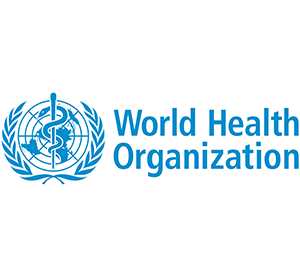
WASH it off – Practical ways for making health care facilities COVID ready with better WASH services
Convenor: World Health Organisation
This session will present the latest global data, insights and framework on improving WASH in health care facilities. It will also engage participants in mini skill building sessions which look at how to provide WASH services and support hygiene practices that are also climate resilient and inclusive.
Participants will be encouraged to apply and continue to expand their knowledge after the workshop through the global knowledge portal (www.washinhcf.org) and ongoing country efforts.
Share the Power: progressing inclusion of marginalised people in WASH through “not being neutral’
Convenors: World Vision and Edge Effect Australia with Water for Women Fund
WASH projects, support, and assistance provided as part of the pandemic response have the opportunity to remove barriers for people with disability and SGM people.
Many development actors have commentated that these barriers have not been acknowledged or addressed during ‘normal’, pre-pandemic times, and are now being compounded during COVID-19.
This session will focus on how development practitioners must never be neutral when it comes to inclusion of SGM people and people with disability, and how they can use these extraordinary times to shift the power
Collaborations for resilient and healthy people: WASH systems and COVID-19 response
Convenors: WaterAid and UNICEF with Water for Women Fund
No one individual or institution can ensure adequate and inclusive water, sanitation and hygiene (WASH) services are in place to mitigate the spread and impact of COVID-19.
Ongoing provision of these services depends on collaborations of people in government, civil society and the private sector as well as community and front line workers. Leaders, decision-makers, technical experts and advocates need to collaborate not just to extend access to services and behaviour change messages but in adjusting policy, implementing plans, executing budgets and generating useful data.
This workshop will explore their experiences and what we as a WASH sector are learning about collaborative, systems responses to the COVID-19 pandemic.

WASH enterprises: Lessons from COVID and the resilience of sanitation and hygiene enterprises to future shocks and stresses
Convenors: Grand Challenges Canada Aguaconsult
Venture Resilience: Covid-19 has tested the world’s ability to respond to shocks and stresses, including some seeing it as a test to the challenges expected from climate change or future pandemics.
Drawing from the experience of 4-5 of our sanitation innovators, we will discuss the lessons that were learned from the ongoing Covid-19 pandemic, and propose areas for future investment to increase their resilience to climate change. The key questions that will be considered include:
1. What challenges and opportunities were / are being faced by the different ventures?
2. What were / are the impacts on the ventures, employees, clients, and overall ecosystem?
3. How did the venture respond to these challenges and opportunities? What would they have done differently?
COVID-19 Impacts on Water and Sanitation Utilities: Moving from emergency response to resilience
Convenors: World Bank and Isle Utilities
Globally, water supply and sanitation utilities have been impacted by COVID-19 in many realms: planning, operations, revenue, customer relations and human resources management.
The emergency responses to the pandemic have included deferring investment, accessing contingency funds, uptake of digital technologies, delaying construction and maintenance work and shifting to remote working conditions.
This workshop will present some of the key impacts and responses by utilities and then participants will discuss how to build on the emergency response to build resilient utilities capable of managing this and future protracted crises.

Risking everything for your safety and protection: sanitation workers on the frontline
Convenor: SNV
Whilst sanitation workers are considered essential to achieve WASH SDG targets, their working and living conditions are seldom discussed in WASH decision-making and planning spaces. Many sanitation workers toil daily without personal protective equipment. Few enjoy job security and have access to preventative and remedial health care and social protection. They have been vulnerable then, and more intensely now, as they cope with the challenges of COVID-19.
Similar to health practitioners, the pandemic has shown to the world the importance of sanitation workers as frontline professionals. The health and proper functioning of societies rest on their backs. During this workshop, panelists will share:
• practical government-led experiences and learning from different (Asian) countries in supporting and motivating sanitation workers to deliver services in the face of the pandemic, and
• recommendations to minimise the occupational health and risks taken by sanitation workers so that societies take better care of the workers that take care of them, and that societies are better prepared for future emergencies.
What have we learned from water, sanitation and hygiene (WASH) during school reopening?
Convenors: UNICEF and GIZ
The COVID-19 global pandemic has affected millions of children across almost every country, immeasurably disrupting children’s education and well-being. Schools across the globe have closed down, leaving over 1 billion students without access to education.
In East Asia and the Pacific region alone, over 325 million children of the 27 countries have been greatly affected. As countries re-open, schools are implementing new government guidelines to ensure that students have a safe return.
This workshop will discuss criteria for school re-opening with a focus on the importance of water, sanitation and hygiene (WASH) as pre-requisite for safety and health. It will also provide cost estimates and the implications for what need to be done differently by schools, districts, governments and aid agencies in EAP countries.
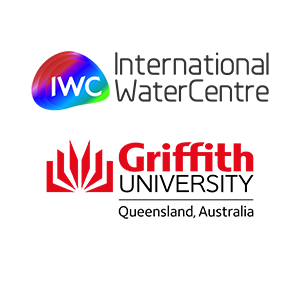
Early Career Professional Workshop
Convenor: International WaterCentre
Details to be announced soon

